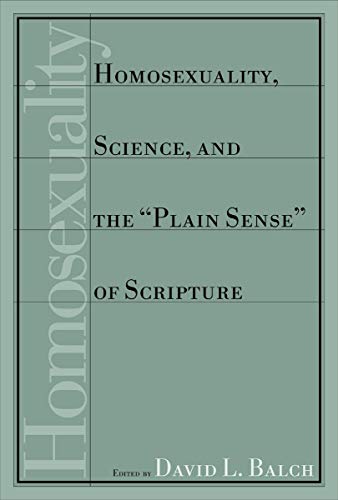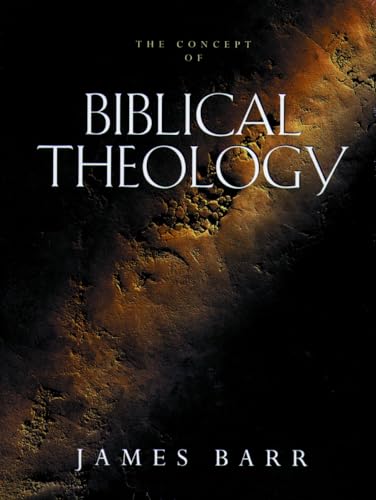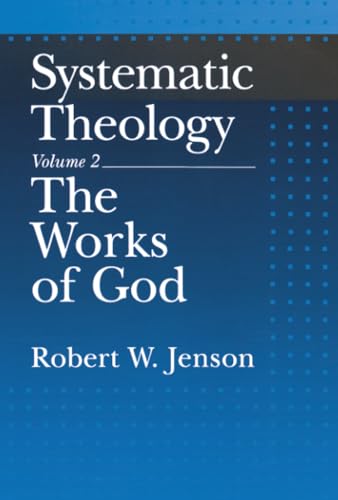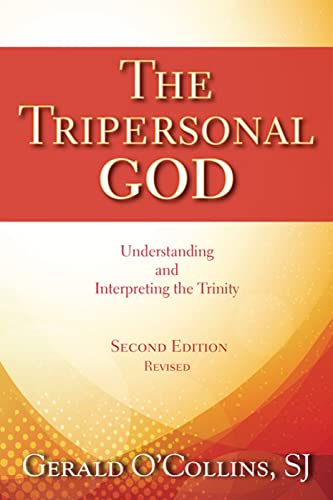The Academy of the Poor: Towards a Dialogical Reading of the Bible
Written by Gerald O. West Reviewed By Dewi HughesThis book deals with an issue that should be the concern of everyone who is privileged to study the Bible academically, viz., how to relate what is learnt in the academy to ordinary Bible readers. Gerald West is an Associate Professor of theology in the University of Natal, South Africa and Director of the Institute for the study of the Bible, a joint project of the School of Theology and communities of the poor and marginalised. He narrows down the biblical scholars to be engaged in dialogue to what he calls ‘socially engaged biblical scholars’ by which he means those committed to some form of Liberation Theology.
He begins by discussing the difference it makes to Bible study when the poor are part of the discussion, by comparing an exposition of John Paul II of the story of the Rich Young Ruler and the same story as understood in the context of poverty (ch. 1). He then looks at the South African context and argues that biblical scholars need a profound understanding of where the poor are coming from to engage in dialogue with them. There is some helpful sociological material on how the poor cope with oppression in this second chapter. In the third chapter he deals with what socially engaged biblical scholars do, which is to overtly trace ‘lines of connection between biblical texts and contexts and the texts and contexts of present communities of the poor and marginalised’ (77). The following chapter deals with what ordinary readers do with the Bible that emphasises oral tradition, imagination and collective interpretation. The fifth chapter looks at the place of the scholar in the process of what the author calls contextual Bible study with the poor. Chapters seven and eight give examples of contextual Bible study—firstly by way of a reflection by the author on a study of Mark 5:21–6:1, (Jairus’ daughter and the woman subject to bleeding), and secondly by a simple report of a study of the ‘Nazareth Manifesto’ (Luke 4:16–22). The final chapter is a conclusion, drawing the various threads of the volume together by focusing on the character and actions of Rizpah in 2 Samuel 21:1–14.
For me this volume really comes to life where there is engagement with the biblical text. The stories of the ‘Rich Young Ruler’ and ‘Jairus’ Daughter and the Woman Subject to Bleeding’ are brought to life in a new way—and Rizpah, who has considered the significance of this minor OT character before? There is also a lot of helpful sociological material on the way in which the poor and marginalised deal with oppression and handle the Bible although what is said about the missionary movement is far too negative. The book’s greatest weakness is the way in which it sinks, in the central chapters, into what D.A. Carson calls the postmodern hermeneutical morass with its convoluted arguments and ugly vocabulary which leaves one wondering if there is any point in reading the Bible with the poor except as a cynical exercise to manipulate them in the direction of the creed of Liberation Theology. I don’t think that this is the author’s theoretical end-point but I’m not entirely certain.
In the ‘Introduction’ he quotes the following South African anecdote: ‘When the white man came to our country he had the Bible and we had the land. The white man said “let us pray”. After the prayer, the white man had the land and we had the Bible.’ According to the author, Desmond Tutu’s response to this statement is, ‘And we had the better deal’. I’m not sure whether West is as convinced as Tutu.
Dewi Hughes
Theological Advisor, Tearfund







